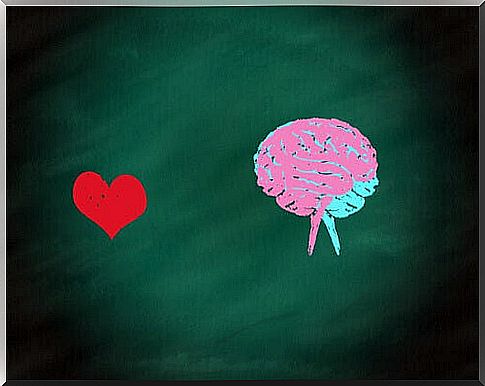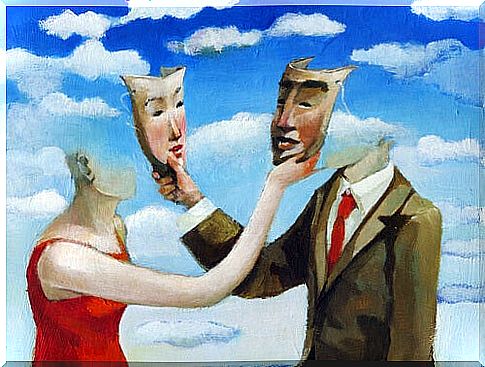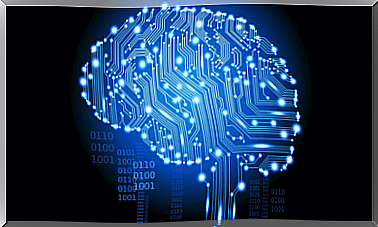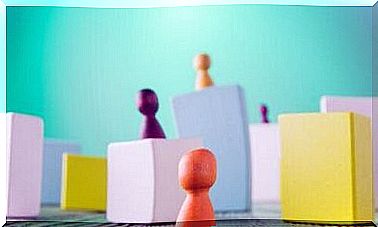Self-deception: The Reflection Of Our Lies

Decisions made with the mind or the heart, lies or truth. It is an eternal duality that invades our life and our thoughts; it originates in Greek philosophy and in one of its greatest exponents: Aristotle. Thanks to his great contribution to Greek thought, he earned the title of “The Philosopher”.
However, it could also be known by the name “The scientist”, since Aristotle established one of the first solid foundations of science: to arrive at the truth by means of observation and experimentation and not as a result of abstract thought.
Aristotle considered the heart as the most important organ of the human being, even more important than the brain. According to the Greek philosopher, it is the heart, and not the brain, that manages the sensations and movements, the place where all the information we receive from our environment converges and where the answers for the universe that is outside the our skin.
The reasons that led Aristotle to consider the heart as the director of our behavior are different and correspond to the knowledge of his time. Thanks to the analysis of his writings, we can cite these reasons: the heart occupies a central position in the body and is sensitive to emotions.

Aristotle also argued that when faced with a certain sensation, the heart beats more, while the brain does nothing. He affirmed that, if we opened the skull of a person until discovering the brain, we could cut parts without the human being showing signs of suffering; the heart, on the other hand, would be profoundly altered during such an operation.
Those who deceive themselves are also good at deceiving others
Self-deception is a common trait in the human being. Our brain knows what is happening, but it activates a series of mechanisms that create a parallel reality full of lies that, by dint of repeating them and working on them, we end up believing.

In a study published in the journal Plos One , it is concluded that the people who deceive themselves are also the best at deceiving others. This study was carried out by various British universities: the University of Newcastel, the Queen Mary of London, the University of Exeter and the University College of London. The researchers analyzed a group of students who were entering the university for the first time and who did not know each other in the least.
The scholars gathered the group of pupils and asked them to rate themselves and others with a grade. Individuals who gave themselves the highest grades received good grades from others as well, regardless of actual performance. Six weeks later the experiment was repeated, with the same results.
Can self-deception be beneficial?
According to Robert Kurzban, and evolutionary psychologist at the University of Pennsylvania and author of the book “We are all hypocrites,” to err it is not as negative as it sounds, especially for a social species like the human one. Maybe the lies we sometimes tell each other play a role. ..

Robert Kurzban starts from two basic ideas. On the one hand, considering that the mind is composed of distinct parts or different modules, it is easy to understand that we can believe in many contradictory things, from the level of perception to that of morality. On the other hand, there is a world out there, but our brain is dedicated to interpreting our experience: the only reality we have access to is the one that our brain interprets as such.
According to Kursban, humans are evolved creatures and evolution is a competitive process: we have evolved to compete with those around us and we have learned to deceive and construct lies. This competitiveness also includes trying to convince others of things that are not true.
There are various ways to deceive yourself by telling yourself lies, but the question we have to ask is “Am I deceiving myself? Am I the only one who is wrong in a world of diligents? ”. Storing false beliefs can be useful for making others believe something that interests us or for gaining an advantage.









